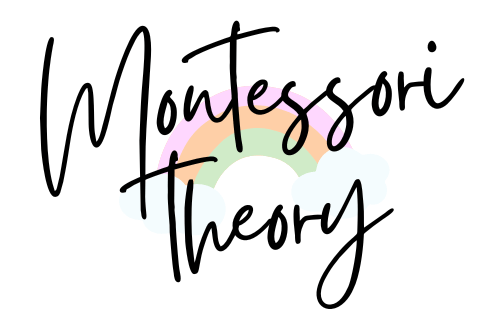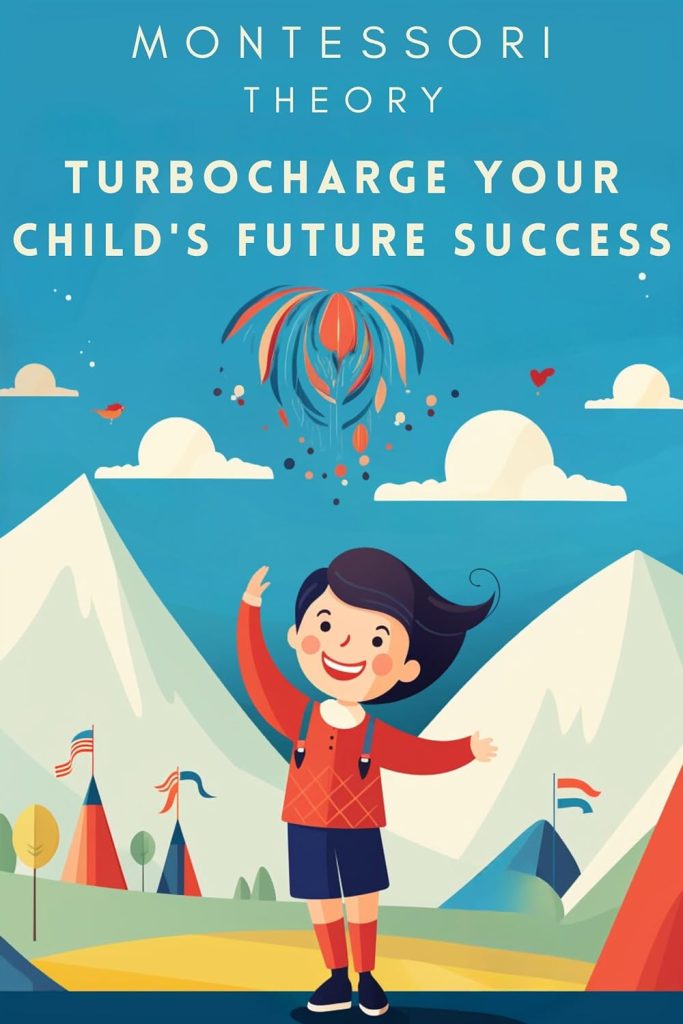Montessori education, once celebrated as the pinnacle of progressive learning, is now under the microscope as elite families begin to question its value. As this educational philosophy becomes synonymous with high-society status, a growing wave of parents are pulling back the curtain on the Montessori mirage, uncovering reasons to seek alternatives.
Amidst the allure of individualized learning and self-directed exploration, concerns arise over its potential to morph into an exclusive club, where steep tuition fees threaten accessibility for the average family. This shift prompts a deeper examination into why some are stepping away from Montessori’s idyllic promise, while others remain steadfast in their loyalty.
1. It’s expensive
Montessori schools have been at the heart of an electrifying controversy. Their existence is widely debated; accusations range from being havens for privilege for the wealthy while at the same time being seen as incubators of tomorrow’s intellectual giants. This article does not intend to defend or condemn Montessori education; rather it seeks to contextualize Maria Montessori’s visits to America by showing how she interacted differently with American society than she had when in Europe.
Montessori was surprised and astounded at what she witnessed – children from diverse cultures, races and socioeconomic backgrounds could self-discipline and focus their energies towards knowledge worth studying or work worth doing.
Media reports often portray Montessori education as exclusive. This stereotype stems from its association with Lockean tabula rasa theory and Cartesian dualism between body and mind, along with an assumption that Montessori is only accessible to children from wealthy families, further fuelling social division and inequality.
2. It’s not for everyone
Montessori may be a popular choice among high-net-worth families, but it may not suit all families. Due to expensive tuition or premium materials available only through Montessori, it may seem exclusive for some.
At the turn of the 20th century, Maria Montessori was amazed to witness her students engaging in self-disciplined work with passion and dedication, learning skills that would ultimately benefit themselves as adults and contributing to society at large.
The Montessori approach recognizes this by creating an environment which met children’s needs, capitalized on their developmental interests, and promoted independence. This method has since been supported by research; in fact, many successful professionals- from NBA champions to Nobel Prize-winning authors – credit their Montessori education with contributing to their success. Furthermore, its three-year classroom structure allows teachers to form lasting relationships with students over an extended period of time.
3. It’s elitist
Maria Montessori’s revolutionary educational methods have stirred heated controversy, reflecting wider arguments over educational justice and effectiveness. Being at the forefront of alternative pedagogies, Montessori schools are frequently seen as bastions of privilege for the well-off; thus dividing opinions on whether their lofty ideals equate to accusations of elitism.
Montessori’s methodology has proven itself in diverse environments. Children in India, France, Holland and England have learned to focus and eagerly pursue intellectual work with great joy thanks to this proven methodology. Montessori revealed how much children enjoy learning – learning which spontaneously comes out of them through activities they choose with joy!
However, some Montessori teaching techniques and classroom rules may seem restrictive or stifling at first glance. Students are expected to take care in managing classroom materials and tidying up after themselves as well as complete assigned homework that can often be tedious or time consuming. Yet Montessori education’s underlying philosophy emphasizes independence while encouraging children to identify their individual strengths and weaknesses.
4. It’s not a religion
Montessori offers an alternative viewpoint on education in an increasingly divided world. Their holistic approach rests upon the belief that every child possesses unique potential, while their pedagogy emphasizes freedom, respect for individuals, and compassion for all learners.
Montessori herself wrote academic papers during her early years, yet in later writing she deliberately chose a more poetic, less formal style for communicating her educational ideas. This gave her work a certain mystique which some critics misconstrued.
Montessori’s method for educating children centers around developing senses and self-reliance skills so that children can eventually move onto more complex lessons later. Dewey had many reservations with her method, noting how the Montessori materials did not translate well in real-life scenarios and ignored social interactions.
New research from the University of Virginia indicates that people who attended Montessori schools report experiencing greater levels of wellbeing in adulthood. Despite its critics, this century-old pedagogy remains attractive to many families today.
5. It may not align with modern educational expectations
In an era where technology and digital literacy are becoming increasingly important, some parents worry that Montessori education may not sufficiently prepare students for the modern world. The Montessori method, with its emphasis on hands-on learning and physical materials, might seem disconnected from the skills required in today’s digital age.
This concern, whether perceived or real, could lead parents to reconsider their commitment to the Montessori dream, fearing that their children might not gain the technological competencies or adaptability needed to navigate the future successfully.
Depth in each section: While you raise good points, each section could benefit from more specific examples, data, or personal stories to fully engage the reader.
Navigating Education’s Crossroads
The ongoing debate over Montessori education highlights a pivotal moment in our approach to learning, showcasing a divide between those who champion its century-old methods for fostering independence and holistic growth, and those who question its relevance amidst rising costs and the evolving demands of the 21st-century world. This discourse extends beyond Montessori, touching on broader concerns about the future of education, prompting us to consider whether traditional educational models or alternative approaches best serve our children’s needs in a rapidly changing society.
As we stand at this crossroads, the imperative for an inclusive, adaptable, and effective educational framework has never been clearer. The choice between adhering to time-honored methods or embracing innovative practices is deeply personal, yet universally impactful, underscoring the need for ongoing dialogue among all stakeholders in the educational ecosystem. By fostering a culture of open discussion and critical examination of diverse educational philosophies, including Montessori, we position ourselves to cultivate an environment where every child can thrive, equipped for the challenges and opportunities that lie ahead.

